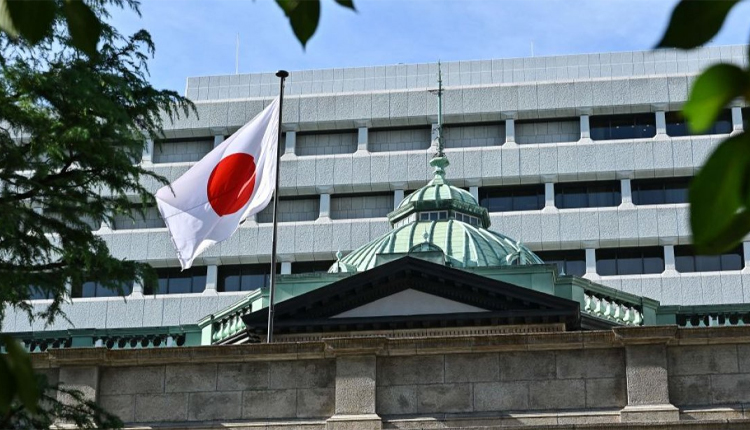The Bank of Japan (BOJ) surprised markets by raising interest rates and introducing a quantitative tightening (QT) plan, marking a significant shift away from years of stimulus measures.
The decision raised the short-term policy rate to 0.25 per cent, the highest level since 2008. The BOJ’s board voted 7-2 in favour of the rate hike at the two-day meeting that concluded on Wednesday.
The central bank has announced a plan to reduce its monthly bond buying from six trillion yen to three trillion yen starting in January-March 2026.
“Despite sluggish consumer spending, monetary officials sent a decisive signal by raising interest rates and allowing for a more gradual balance sheet reduction,” said Fred Neumann, chief Asia economist at HSBC.
The yen surged as much as 0.8 per cent to a three-month high of 151.58 per dollar in immediate reaction to the news, before paring gains. Yields on 10-year Japanese government bonds edged lower.
The decision comes as the BOJ grapples with rising inflation, which has been stubbornly above its two per cent target. The central bank cited broadening wage hikes and accelerating import prices as factors underpinning its decision.
In its quarterly outlook report, the BOJ maintained its projection that inflation will hover around two per cent through fiscal 2026. However, the central bank stressed its vigilance against the risk of an overshoot in prices.
Governor Kazuo Ueda is scheduled to hold a press conference later in the day at 3:30 pm (0630 GMT) to elaborate on the policy changes.
The BOJ’s move contrasts with the stance of other major central banks, including the Federal Reserve, which is expected to consider interest rate cuts as early as September.
$1 = 152.7500 yen
Attribution: Reuters


